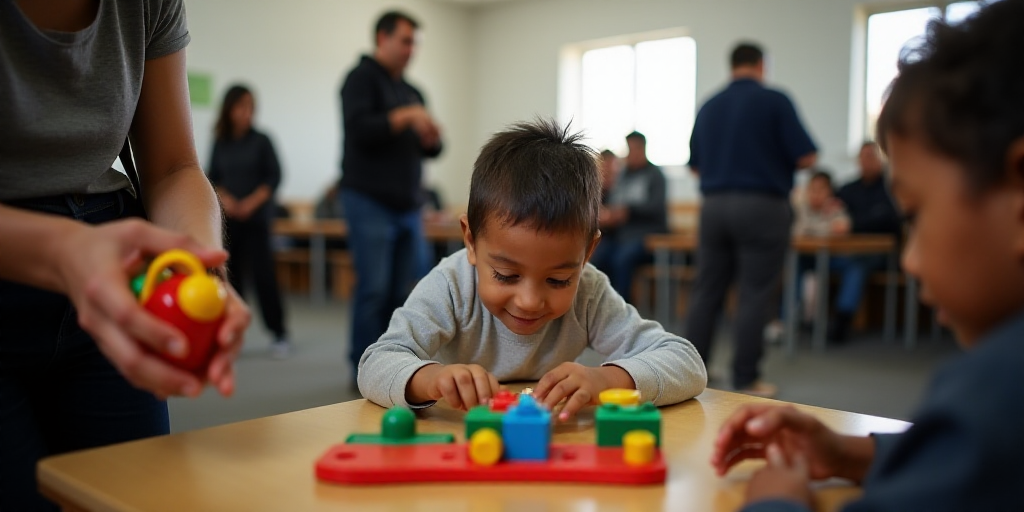Introduction to the International Day of Play
The International Day of Play is observed annually on June 11th, a day designated by the United Nations (UN) to advocate for the right to play across all ages. The UN emphasizes the significance of play in fostering emotional, cognitive, and social development.
Play as a Universal Language
According to the UN, play serves as a universal language that transcends age, cultural, national, and socioeconomic boundaries. It is a fundamental aspect of human experience that allows individuals to learn, grow, and connect with others.
The Importance of Play in Child Development
Play is essential for children’s development, as it contributes to their overall well-being and growth. Denying a child the opportunity to play can directly hinder their emotional, cognitive, and social development.
Who is the International Play Embodiment?
The International Day of Play was established by UNICEF, the United Nations Children’s Fund, in collaboration with other UN agencies. UNICEF is a global organization that advocates for children’s rights and well-being, working in 190 countries to help children survive, thrive, and fulfill their potential.
UNICEF’s Role in Child Development
UNICEF focuses on various aspects of child development, including health, education, equality, and protection. By promoting the International Day of Play, UNICEF highlights the importance of play in nurturing well-rounded individuals who can contribute positively to society.
Impact of Play on Children and Society
Play offers numerous benefits for children, such as:
- Cognitive Development: Play encourages problem-solving, creativity, and critical thinking skills.
- Emotional Development: Play helps children understand and manage their emotions, fostering resilience and empathy.
- Social Development: Play facilitates interaction with peers, teaching cooperation, negotiation, and conflict resolution skills.
- Physical Development: Active play promotes motor skills, coordination, and overall physical health.
Moreover, play contributes to a more cohesive and understanding society by:
- Promoting cross-cultural understanding and tolerance
- Encouraging community building and collaboration
- Fostering innovation and creativity through imaginative play
Key Questions and Answers
- What is the International Day of Play? The International Day of Play is observed annually on June 11th, promoted by the United Nations to advocate for the right to play across all ages.
- Why is play crucial for child development? Play contributes to children’s emotional, cognitive, and social development, fostering essential life skills.
- Who established the International Day of Play? The International Day of Play was established by UNICEF, the United Nations Children’s Fund, in collaboration with other UN agencies.
- What are the benefits of play for children and society? Play supports cognitive, emotional, social, and physical development in children while promoting cross-cultural understanding, community building, and innovation in society.






